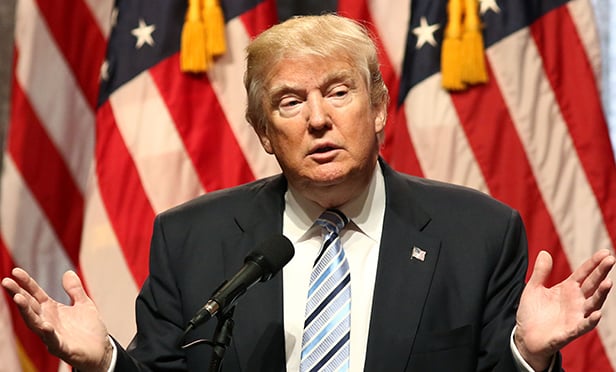Ford Motor Co. said it will take a one-time pretax charge of $800 million because the inability to exchange U.S. dollars for Venezuelan bolivars has restricted operations in the South American country.
Ford's US$500 million cash balance in its Venezuelan operations will no longer be included in the company's automotive gross cash, the company said today in a filing. The automaker said it will count cash and income from Venezuelan operations only when the parent company is paid for parts sold to the unit or it pays dividends to the parent.
The second-largest U.S. automaker said the charge will reduce its fourth quarter net income by about $700 million, but it doesn't affect the full-year pretax profit forecast of about $6 billion.
“After taking the one-time currency charge, Ford's approach would let them avoid taking further accounting charges against income by keeping the Venezuelan results out of their reported results,” Erik Gordon, University of Michigan Business School professor, said by email.
Ford shares were little changed at $15.02 at 9:42 a.m. New York time. They have declined 3.1 percent so far this year after rising 0.5 percent in 2014.
The automaker's Venezuelan operations have been struggling with lack of liquidity for months. Ford said in an April 1 filing that it was taking a $350 million charge to revalue the South American company's currency. The Dearborn, Michigan-based company adjusted its exchange rate to 10.8 bolivars to the U.S. dollar, compared with the official 6.3 rate it used previously.
In May, Ford halted production in Latin America's largest oil exporter as electricity was being rationed and companies struggled to obtain currency to buy auto parts. Toyota Motor Corp. and CNH Industrial NV also suspended output at that time.
“Anyone with cash or operations in Venezuela faces the question 'What do I do with a pile of Venezuelan currency that I can't convert and that gets worth less and less?'” Gordon said.
Venezuelan President Nicolas Maduro yesterday said the country would create its fifth parallel currency market in 12 years to boost U.S. dollar supplies. The new market will allow private companies and individuals to trade the greenback through brokerages, he said, adding that the government will continue to import essential products at the primary exchange rate of 6.3 bolivars per dollar.
Copyright 2018 Bloomberg. All rights reserved. This material may not be published, broadcast, rewritten, or redistributed.
Complete your profile to continue reading and get FREE access to Treasury & Risk, part of your ALM digital membership.
Your access to unlimited Treasury & Risk content isn’t changing.
Once you are an ALM digital member, you’ll receive:
- Thought leadership on regulatory changes, economic trends, corporate success stories, and tactical solutions for treasurers, CFOs, risk managers, controllers, and other finance professionals
- Informative weekly newsletter featuring news, analysis, real-world case studies, and other critical content
- Educational webcasts, white papers, and ebooks from industry thought leaders
- Critical coverage of the employee benefits and financial advisory markets on our other ALM sites, PropertyCasualty360 and ThinkAdvisor
Already have an account? Sign In Now
*May exclude premium content© 2024 ALM Global, LLC, All Rights Reserved. Request academic re-use from www.copyright.com. All other uses, submit a request to [email protected]. For more information visit Asset & Logo Licensing.




